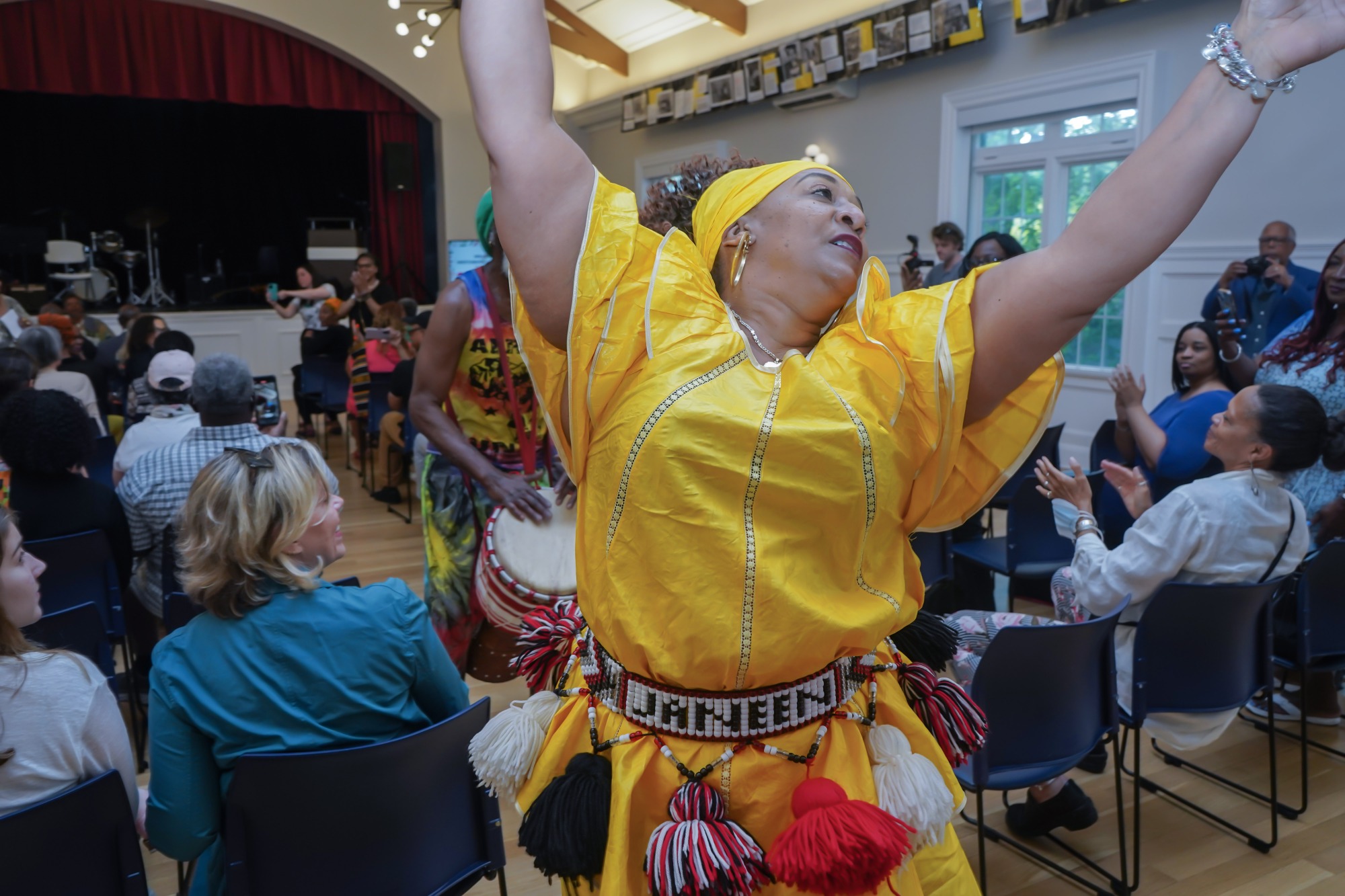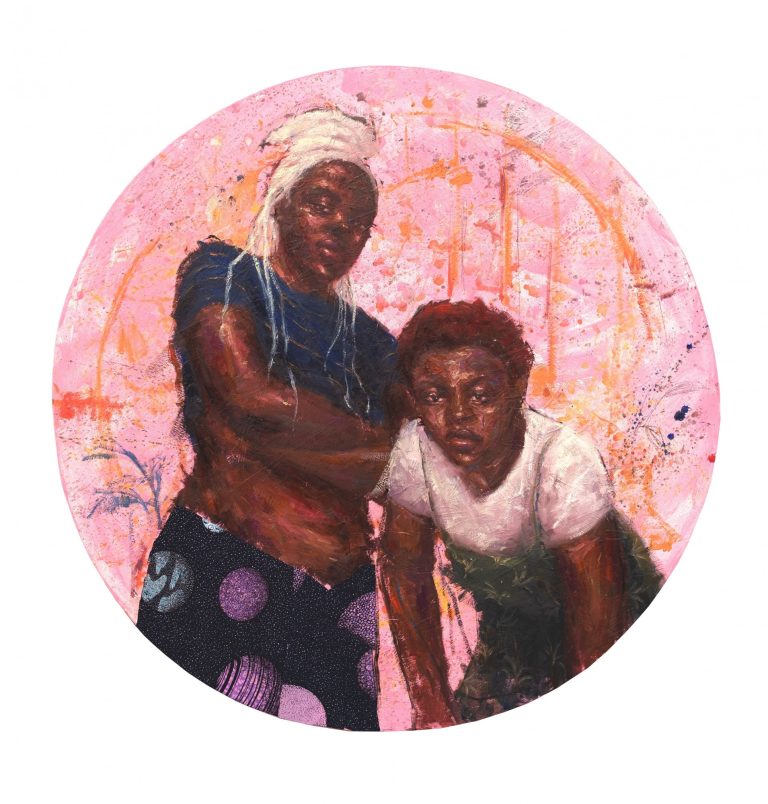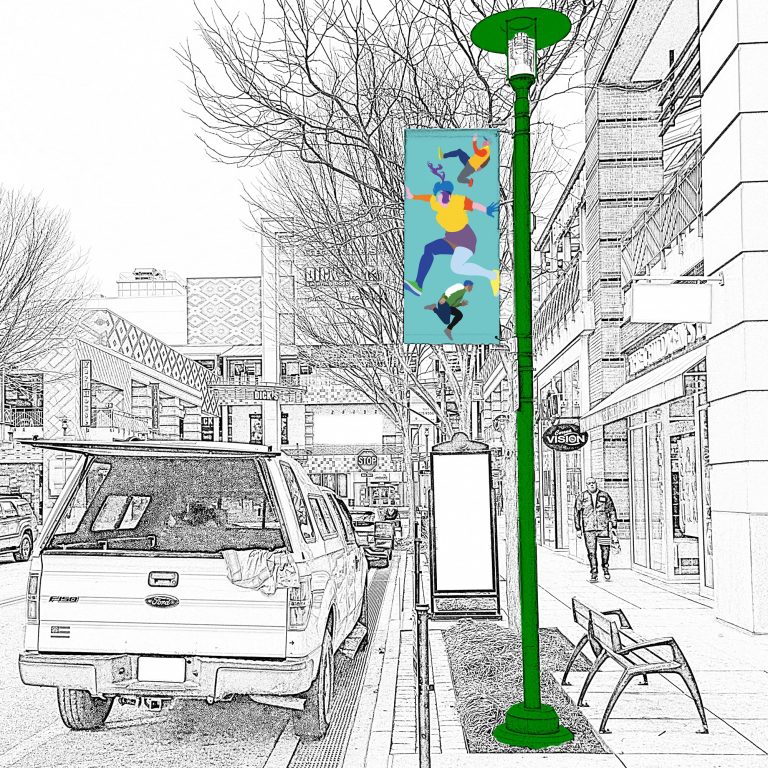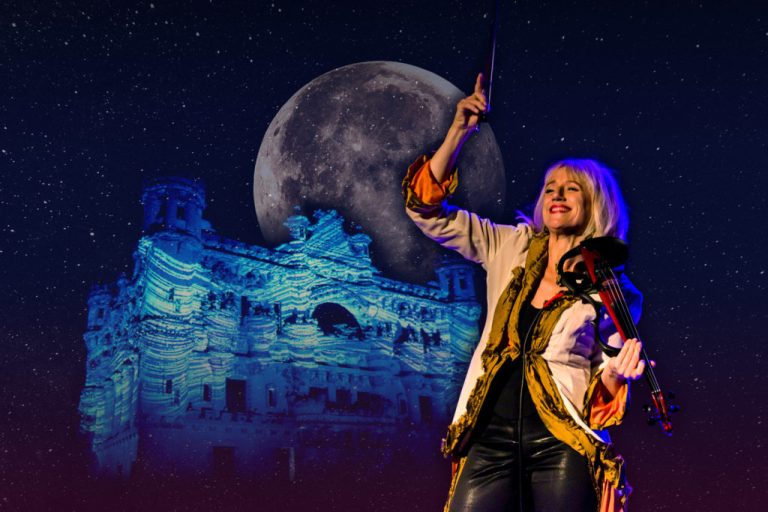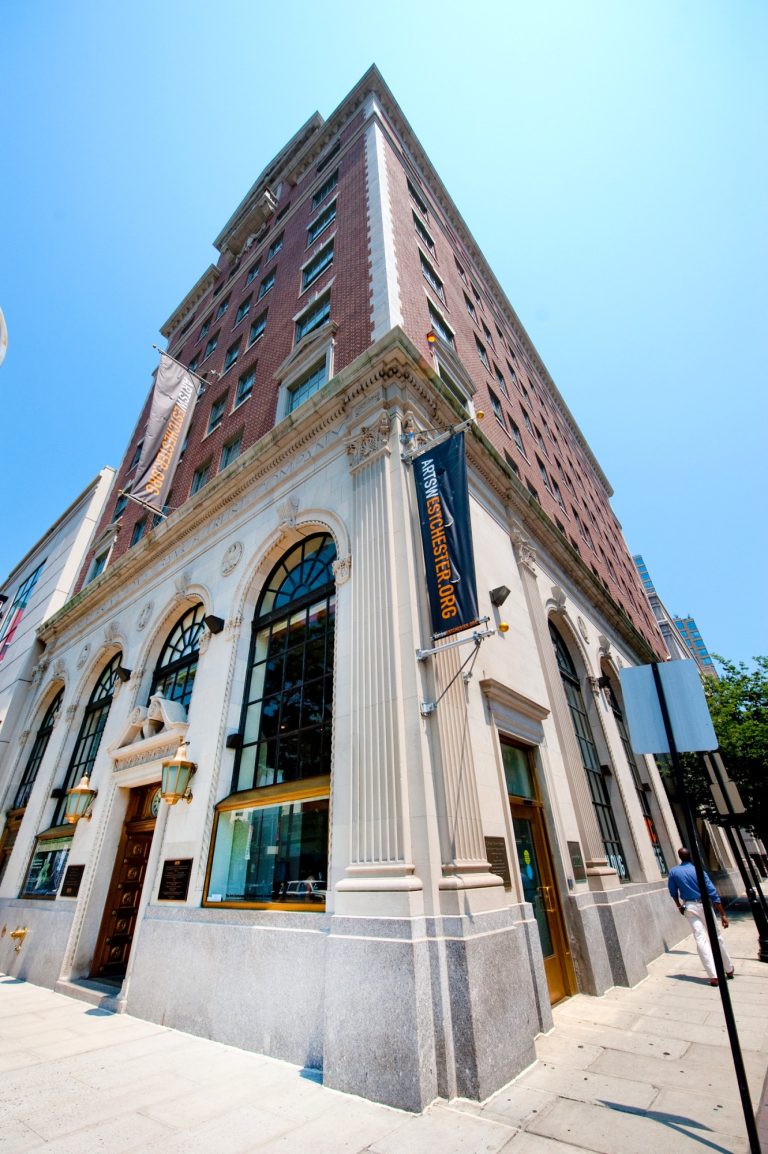Juneteenth is a Call to Action
Throughout Westchester this month, community groups are holding Juneteenth events to celebrate unity and Black culture with music, performances and parades.
These celebrations trace their roots to June 19, 1865 in Galveston, Texas, when Major General Gordon Granger announced freedom for slaves in Texas, a message that arrived two and a half years after the Emancipation Proclamation. Although Juneteenth wasn’t the end of slavery in Texas or anywhere else in the United States—slavery wasn’t formally pronounced illegal until the 13th Amendment passed later that year—it became the symbolic date for the celebration of emancipation.
Early Juneteenth celebrations often included voter engagement, a practice that was anathema to Southerners who, after Reconstruction, adopted restrictions designed to disenfranchise Blacks. The Jim Crow laws enforced racial segregation and ensured that most Blacks could not freely vote in the South until the adoption of the Voting Rights Act of 1965.
Today this holiday is observed for many reasons: to celebrate Black American culture; to commemorate the end of slavery; to remind everyone about the importance of voting; and to acknowledge continuing injustices that continue to this day.
It is not known whether the slaves of Galveston knew about Abraham Lincoln’s Emancipation Proclamation before Juneteenth; however, even if they did, they were powerless to exercise their freedom because slaveowners controlled the levers of power.
Juneteenth reminds us that, beyond the cultural celebrations, freedom is a continuing effort. That is why voting rights continue to be an ongoing polarized issue in our nation. The hands on the levers of power matter.
In addition to partying in the parks, Juneteenth serves as a reminder for Americans to visit the polls and cast ballots. It is a call to action, and a warning that emancipation, which eroded in the past, is still incomplete and can be curtailed again.
Photo: Devron Chambers

